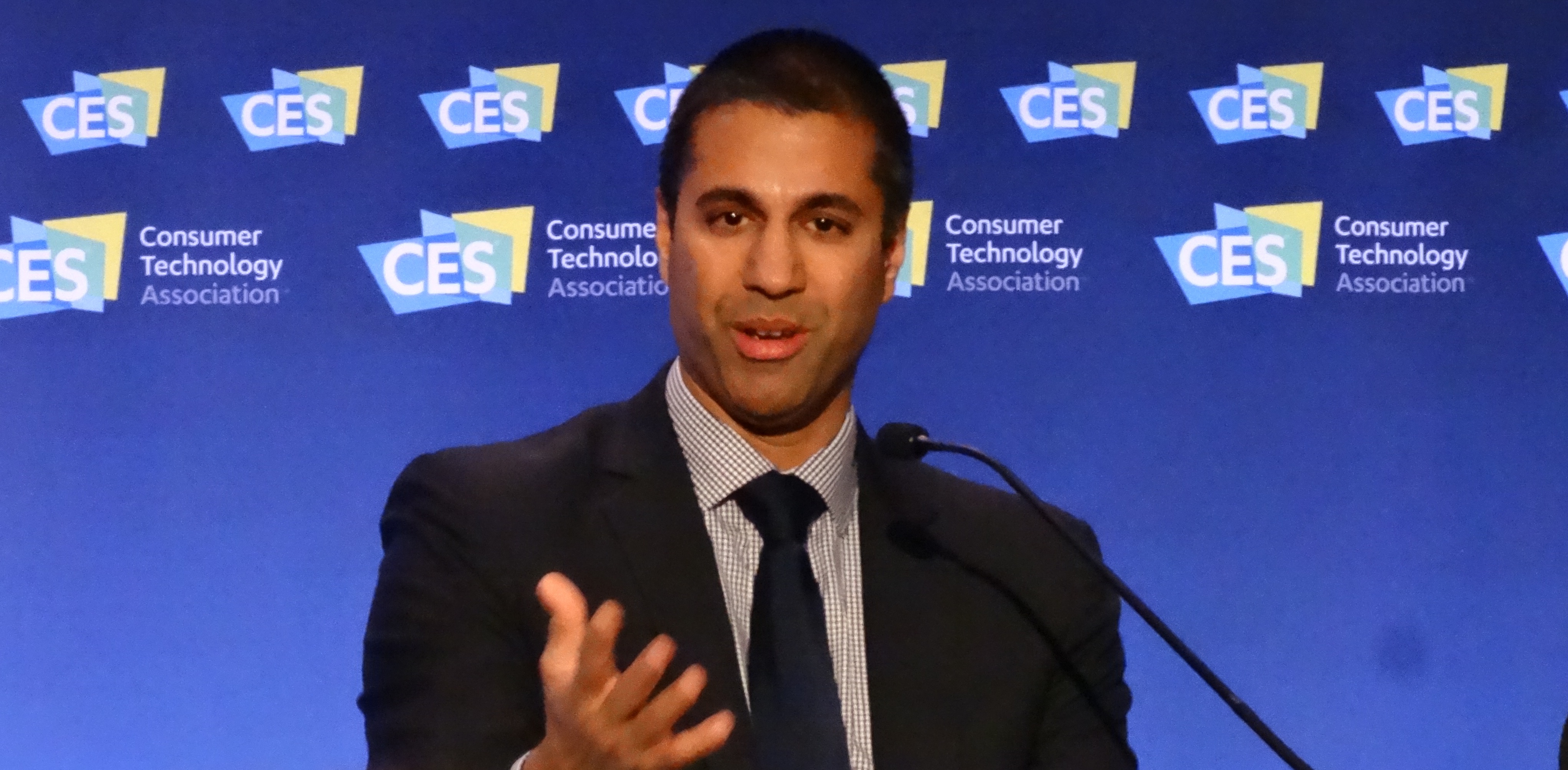FCC concedes broadband lifeline decisions to state regulators

Let the professionals do it.
Companies that want to offer subsidised broadband service to low income households will have to seek approval from state regulators, and not the Federal Communications Commission. That will be the result of a decision made public yesterday by FCC chair Ajit Pai. In effect, he’s conceding an appeals court challenge to the broadband lifeline program approved by the FCC in 2016 and, instead, will have the current commission – a very different beast from a year ago – rework it.… More


![By Almonroth (Own work) [CC BY-SA 3.0 (https://creativecommons.org/licenses/by-sa/3.0)], via Wikimedia Commons](https://www.tellusventure.com/images/2017/1/weaverville.jpg)


![By Taken by fir0002 | flagstaffotos.com.au Canon 20D + Canon 70-200mm f/2.8 L (Own work) [GFDL 1.2 (https://www.gnu.org/licenses/old-licenses/fdl-1.2.html)], via Wikimedia Commons](https://www.tellusventure.com/images/2017/3/monopoly_board_625.jpg)
![By Joker Poker [CC BY 2.0 (https://creativecommons.org/licenses/by/2.0)], via Wikimedia Commons](https://www.tellusventure.com/images/2017/3/gambling_table.jpg)
![By Don McCullough from Santa Rosa, CA, USA (Always) [CC BY 2.0 (https://creativecommons.org/licenses/by/2.0)], via Wikimedia Commons](https://www.tellusventure.com/images/2015/1/jack_rabbit.jpg)

